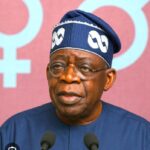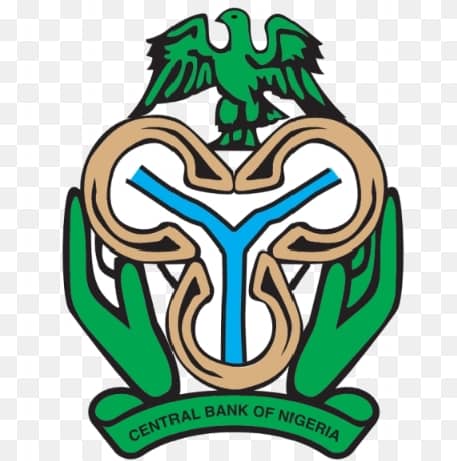By Chidi Ugwu
In a recent address to the House of Representatives Committee on Banking, Central Bank of Nigeria (CBN) Governor Yemi Cardoso outlined the bank’s comprehensive strategies to combat rising inflation and bolster the nation’s economy.
He noted that the ongoing re-capitalization policy is poised to strengthen banks’ financial positions, aiming for a robust banking sector by March 2026, which supports Nigeria’s goal of achieving a $1 trillion economy by 2030.
Economic Performance and Growth Projections
Cardoso shared optimistic growth projections, estimating a 3.2% growth rate for 2024 and 3.3% for 2025.
The non-oil sector has demonstrated strong performance, contributing 94.3% to GDP with a growth rate of 2.8%. The oil sector also showed promising recovery, nearly doubling its growth rate from 5.7% in Q1 2024 to 10.15% in Q2 2024, attributed to improved security leading to higher crude oil and natural gas production.
The services sector remains a key economic driver, contributing 58.76% to GDP with a growth rate of 3.79%, while the industrial sector experienced substantial improvement, growing from 0.31% to 3.53%.
Foreign Exchange Reserves and Monetary Policy
Cardoso reported a significant increase in foreign exchange reserves, which rose by 12.74% to $39.12 billion by October 11, 2024. He emphasized that the current reserves can finance over 12 months of imports, providing a strong buffer against external shocks.
Addressing inflation, which peaked at 34.19% in June 2024, Cardoso highlighted a deceleration to 32.15% by August 2024 due to aggressive monetary policy measures, including an increase in the policy rate to 27.25% and the adoption of an Inflation-Targeting framework.
He also noted the implementation of a unification strategy in the foreign exchange market to enhance liquidity and transparency.
Ongoing Reforms and Outlook
The CBN has initiated reforms in banking supervision, including raising the minimum capital base for banks to meet new thresholds by 2026.
These reforms aim to enhance market stability and confidence, with Cardoso noting positive trends in the capital market and credit ratings for Nigeria.
While expressing cautious optimism about the economic outlook, Cardoso acknowledged risks from global economic disruptions and domestic challenges.
He projected continued growth in the non-oil, oil, and industrial sectors, driven by favorable policies and a strengthening of the agricultural sector.
Cardoso concluded with an assurance that the CBN’s initiatives, including improving the remittance ecosystem and narrowing exchange rate disparities, are yielding positive results for the economy and enhancing investor confidence.
Speaking earlier, the Chairman, House Committee on Banking Regulations, Hon. Mohammed Bello El-Rufai lauded the Governor of the Central Bank of Nigeria (CBN), Mr. Yemi Cardoso for the increase in the country’s foreign reserve to $39.12 billion.
El-Rufai who spoke during an interactive session with the CBN Governor at the national Assembly complex Abuja remarked that his relentless efforts in implementing policies has stabilized the economy.
Acknowledging that the CBN Governor has faced the daunting task of steering the nation’s monetary policy amidst a challenging economic landscape, he said more needs to be done to address the economic challenges of the country.
“Under your one-year stewardship, the CBN has implemented a series of ground- breaking measures aimed at enhancing market transparency, improving financial stability, fostering a more secure investment environment, and shifting towards a market-driven exchange rate regime, to restore confidence and stabilize the economy,” he said.
“On the exchange rate, I must commend the CBN on the unification of the foreign exchange market, enhancing liquidity and reducing market distortions, clearing a $7 billion backlog of valid forex, reducing forex volatility, and increasing our external reserves significantly,” he said.
He urged stakeholders to engage constructively “as we seek solutions that will enhance our monetary policy framework and ultimately support sustainable growth in Nigeria.”












